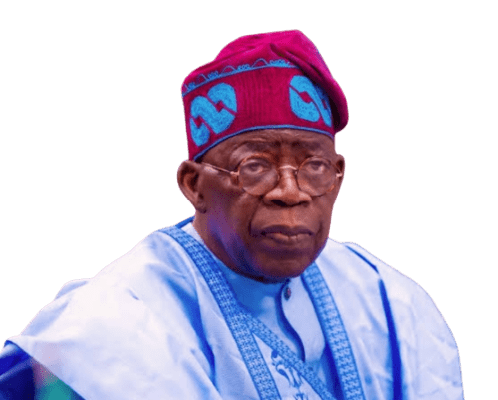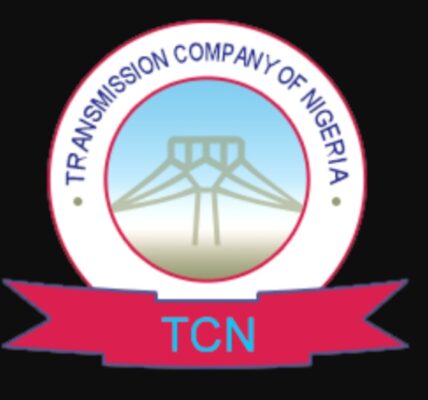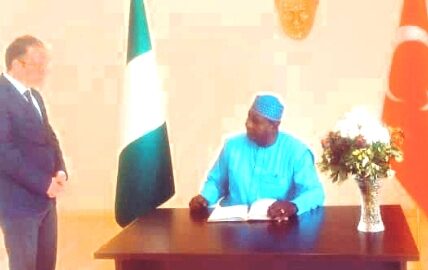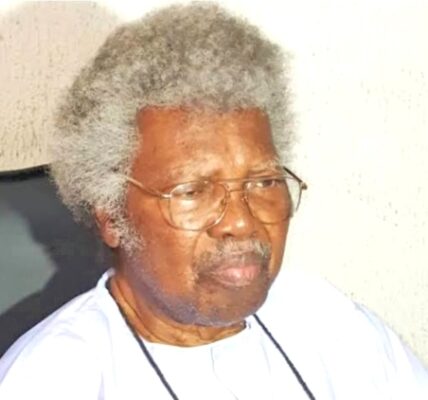Navigating Troubled Waters: Nigeria’s Economic Hardship Intensifies Under President Tinubu’s Watch
This post has already been read 1226 times!
As Nigeria grapples with escalating economic challenges, President Bola Tinubu’s administration finds itself under intense scrutiny. The bold reforms introduced—while aimed at stabilizing and strengthening the economy—have inadvertently led to a period of significant hardship for the Nigerian populace.
The liberalization of the foreign exchange market, a key policy change, was intended to create a more open and competitive economic environment.
However, this move has resulted in a sharp devaluation of the naira, contributing to a spike in inflation rates, which have soared to a 19-year high of 29.9%.
The removal of the petrol subsidy, another major reform, has tripled fuel prices, further straining the finances of ordinary Nigerians.
Despite these challenges, President Tinubu assures the nation that the ongoing reforms will eventually “fix” the economy.
His administration emphasizes that these measures are necessary steps towards long-term stability and prosperity. Yet, the immediate effects have been stark, with businesses shutting down and unemployment rates climbing.
Criticism has come from various quarters, including Afenifere, the pan-Yoruba socio-political organization, which has urged the President to overhaul his economic policies, arguing that they have significantly impoverished Nigerians.
The group’s stance reflects the growing discontent among citizens who are feeling the pinch of the current economic climate.
As President Tinubu’s first year in office comes to a close, the nation watches with bated breath, hoping for a turnaround that will alleviate the economic pressures and fulfill the administration’s promises of a brighter future.
Measures against Economic Challenges
President Bola Tinubu has taken several specific measures to address Nigeria’s economic challenges.
President Tinubu has reassured Nigerians of his dedication to listen to their concerns amid the economic difficulties the country is facing.
He has urged citizens to endure the pains associated with economic reforms, which he deems necessary to establish a sound economic foundation for Nigeria.
The President has implemented policy changes such as the liberalization of the foreign exchange market and the removal of the fuel subsidy. These measures are intended to create a more competitive economic environment and redirect funds towards public services.
Aiming to unify the exchange rate, President Tinubu has taken steps to eliminate the multiple exchange rate system, which was seen as a source of currency speculation and economic imbalance.
At his swearing-in, President Tinubu vowed to expand the Nigerian economy by at least six percent a year, lift barriers to investment, and create jobs.
Alongside economic reforms, tackling rampant insecurity has also been a priority, as it is closely linked to economic stability.
These measures reflect President Tinubu’s approach to navigating Nigeria through its current economic challenges with the goal of achieving long-term stability and growth.
Public Perception of Tinubu Administration
The public’s perception of President Bola Tinubu’s economic policies is mixed, with various groups and analysts expressing differing views:
Afenifere, the pan-Yoruba socio-political organization, has been vocal in its criticism, stating that the President’s economic policies have significantly impoverished Nigerians.
President Tinubu has emphasized the need for inclusivity, accountability, and transparency in governance, which has been well-received by some who believe these values are essential for economic progress.
Business analysts have pointed out that while some policies may shape positive outcomes in the future, Nigerians are currently reeling from the impact of policies like the removal of fuel subsidies and the devaluation of the naira, which have led to increased transport costs and inflation.
Some economic analysts argue that assessing the President’s economic performance should take into account the global economic reality and not just the naira-to-dollar exchange rate, suggesting that some policies may have long-term gains.
There is a general acknowledgment that the policies, particularly the removal of fuel subsidies and the floating of the naira, have led to significant hardship for ordinary Nigerians, with increased prices for fuel, food, and other essentials.
Overall, while there are hopes for long-term benefits from President Tinubu’s economic policies, the immediate effects have been challenging for many Nigerians, leading to a diverse range of opinions on the administration’s approach to economic management.







